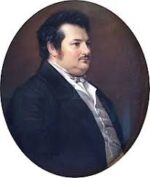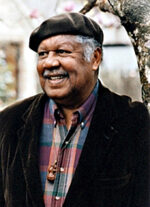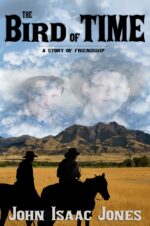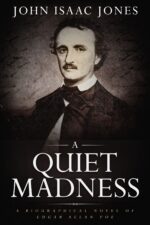
Good-bye, Audrey!
In the late spring of 1969, I was working as a reporter with The Gadsden Times in Gadsden, Alabama. One morning when I came into work, the city editor said he had hired a new proofreader then, moments later, he introduced me to a smallish, bright-eyed, dark-haired, very pretty, nineteen-year-old who gave her name as








